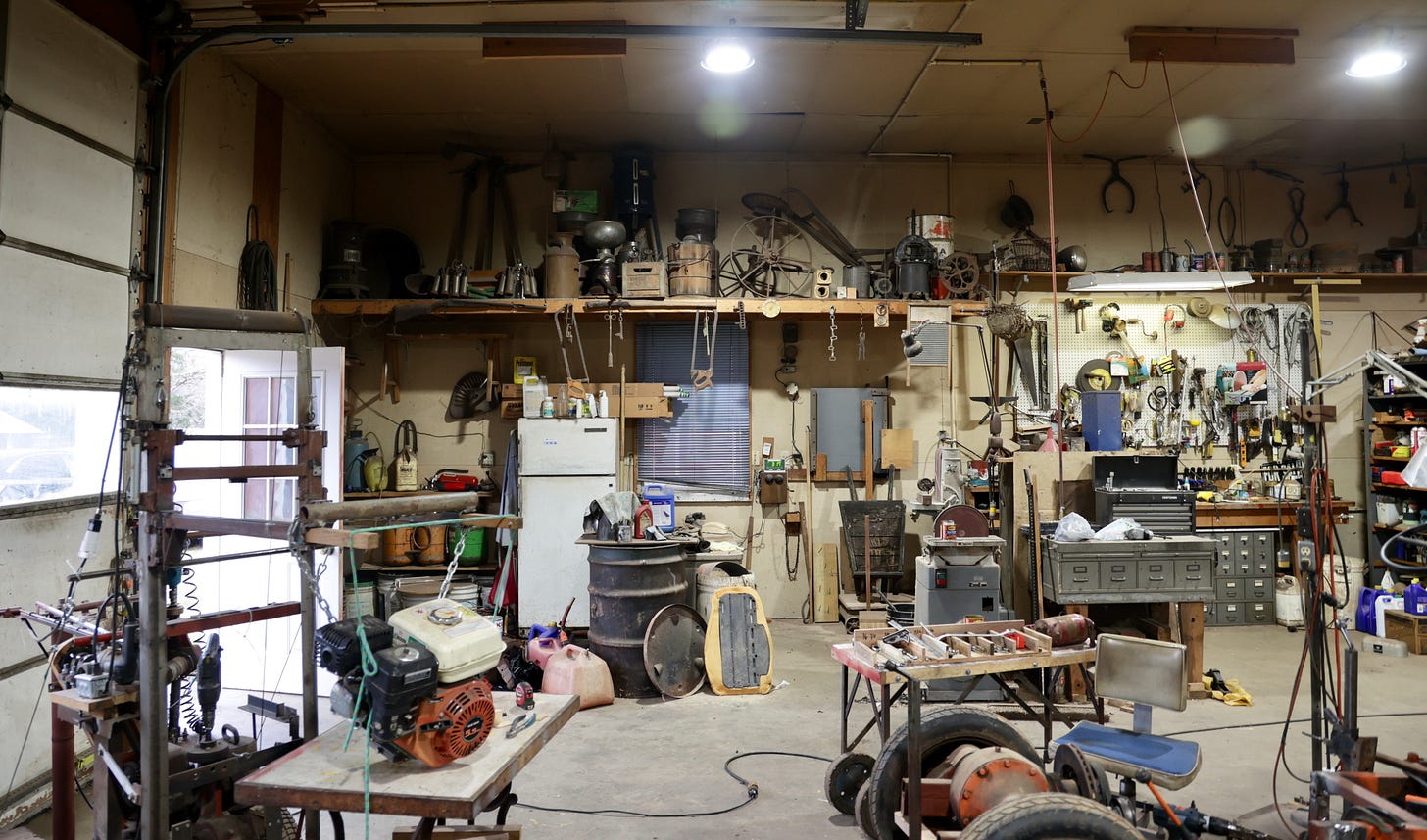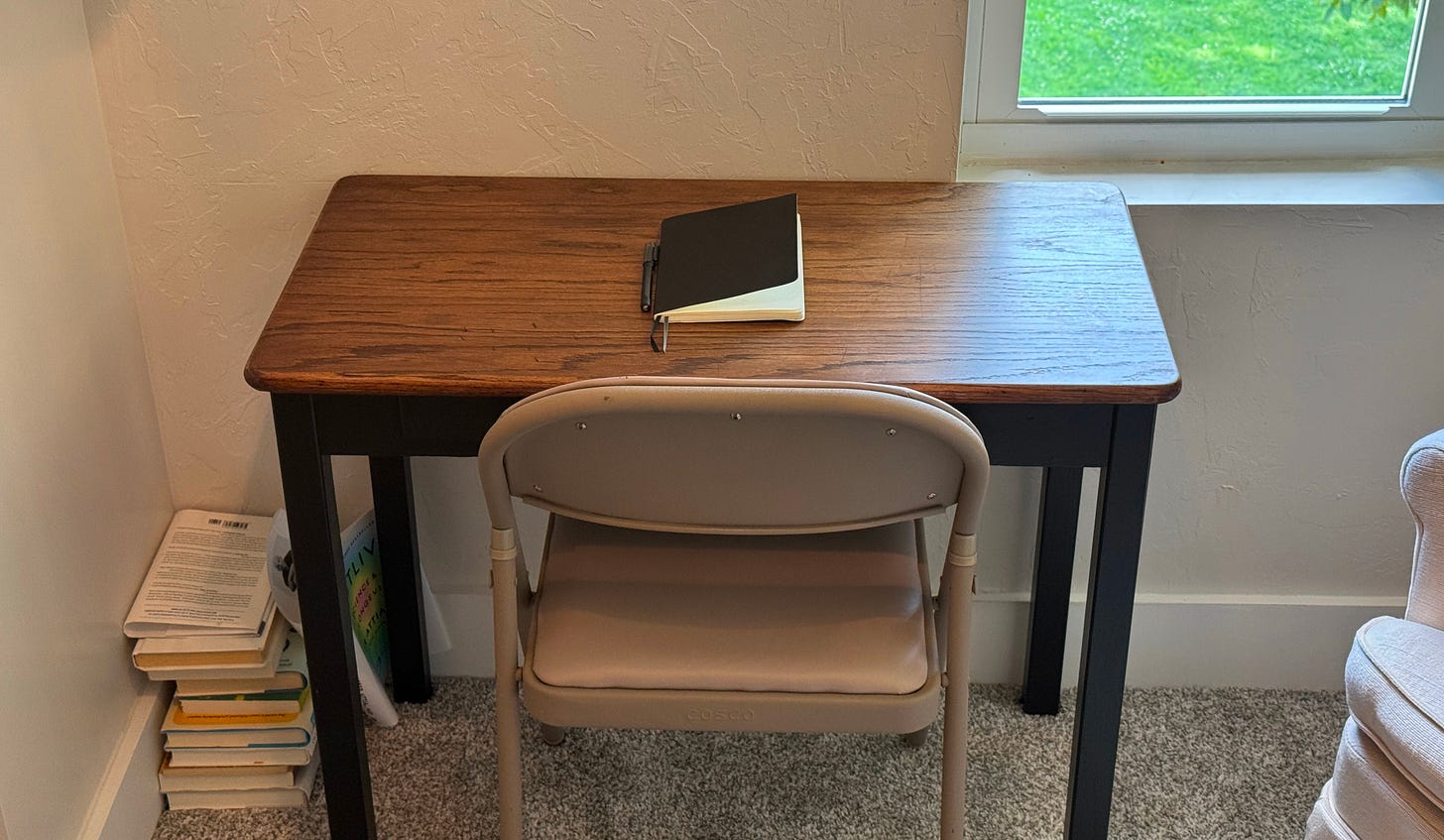I’ve found the work of Jared Henderson, a philosopher and writer on Substack, interesting and helpful. He recently did a video on something called “techno-feudalism.” Yeah, I had never heard of that either, but turns out it’s fascinating stuff.
Back in the day, in the feudal system, the serfs didn’t own the land they worked. Instead, the land and the resources belonged to the local lord or king, and the people who worked the land got to live there if they worked the fields, paid taxes to the lord for its use, and so forth. Thankfully, we don’t live in a feudal society anymore.
Enter techno-feudalism. Essentially, with the rise of the internet and digital goods and services, it seems everything is going to a subscription model instead of an ownership model. Increasingly, we don’t own digital goods (something Henderson explores in depth in the video); instead we pay for subscriptions to access those digital goods. We don’t own the digital “land”, so to speak. Hence, we find ourselves in a weird techno-feudalist situation.
In 2016, the World Economic Forum published an article about what life might be like in 2030. The article coined the phrase “you will own nothing and be happy.” It’s a line that’s gone viral in its own way; the World Economic Forum has since taken down the article (you can still access it using the Internet Archive here).
The article presented a utopian possible future, where the lack of ownership is portrayed as good. The article begins with:
“Welcome to the year 2030. Welcome to my city - or should I say, "our city". I don't own anything. I don't own a car. I don't own a house. I don't own any appliances or any clothes.
“It might seem odd to you, but it makes perfect sense for us in this city. Everything you considered a product, has now become a service. We have access to transportation, accommodation, food and all the things we need in our daily lives.”
In this utopian dream, instead of owning a car (for example), you would have amazing public transportation or rent a share in a self-driving car.
This article was noting the trend we’re seeing in the modern world towards renting and subscriptions for services instead of ownership of products.
I find this drift concerning. It wasn’t long ago you owned things; an immediate case study is how books were yours to keep, do what you wanted with, and loan out to others. Now, e-books mean you simply pay to access that digital book; you don’t actually own it. You can’t loan it to others. You can’t modify it or give it away. The same obviously applies to all the plethora of streaming services that are ubiquitous with modern life.
Perhaps it’s because I have a family now that I’m thinking about this. I don’t want to raise my children in a world where we don’t have anything that’s truly ours. Having things in life of a more permanent nature, that I actually own, is increasingly important to me.
The utopian world described in the World Economic Forum article sounds closer to a dystopia to me.
For example, the author describes how there will be no rent: “In our city we don't pay any rent, because someone else is using our free space whenever we do not need it. My living room is used for business meetings when I am not there.” This describes a diabolical world to me.
Owning things matters. I built the house we live in, and it’s important that this is the place my children will grow up, where they’ll create their formative memories. And I find it comforting that, one day, my children will inherit my library (yes, it’s physical books).
My grandfather was of the Greatest Generation, growing up in the Great Depression and World War II. There’s something about his generation that appreciated longevity. Grandpa was always telling us how we should never throw things away. As a child I thought this was because he was stuck in his Great Depression ways. But in time I started to see something deeper and more important. Grandpa valued good tools designed to get the job done, of a level of quality that lasted for decades.
His shop was a time capsule of old hardware; he’d been using those tools for decades and they were exactly what he needed. They got the job done. He wasn’t always looking to upgrade, or change to the latest tech, or that sort of thing.
It wasn’t that he was afraid of technology, mind you. He had a computer, an iPad, a Facebook account, and so forth. But there was something about his space, his tools, that was an almost artistic environment. For my entire life, until he passed away two years ago, it was as if Grandpa and his space were a permanent fixture, an anchoring in the chaotic sea of society bent on transforming and reinventing itself at breakneck speed.
Which brings me back to techno-feudalism. In a world where impermanence reigns, you will (so to speak) own nothing but subscriptions and rent. Life will continually be transient, fluctuating, and always on the cusp of “upgrading” to something new. We would all be better off if we embraced those things that lasted.
I recently bought an old writing desk. It took a lot of sanding and staining, but now I have a nice, solid oak writing desk. It’s nothing fancy. It has blemishes. There are scuffs on the surface I couldn’t fix. But it’s mine. And it does what it was designed to do very well: be a sturdy desk for writing.
I’m learning to lean into that simplistic functionality. But what brings me the most joy is that this well-built writing table will probably last the rest of my life, and probably my children’s lives, too.
Cancel a few subscriptions. Embrace owning something that lasts.
Stay curious, Reagan.




Fascinating! I was talking to an older friend yesterday who said that her generation values possessions. This brings challenges as they struggle what to do with not only their own belongings, but also their parent's possessions, because the younger generation doesn't want "stuff." So what does one do with, for example, your grandfather's tools?
She said that the younger generation appears to be minimalist who value experiences. She is shocked at what they spend on travel and coffee shops. And how bare their homes are.
I think you are describing another side of minimalism. We like to access music from our phone with a Spotify subscription and avoid bulky and expensive music recording collections. But what are we losing in the trade?
Has throwing off material trappings inadvertently trapped us in a greater danger? Lots of food for thought.
Good stuff. You got any good alternatives to Microsoft 365, which just increased their yearly price because of AI upgrades that I don't want? :/